Monday, the House of Representatives passed bipartisan legislation led by Congresswoman Maggie Goodlander (NH-02), the bipartisan Automotive Support Services to Improve Safe Transportation (ASSIST) Act, to ensure disabled veterans, with help from the Department of Veterans Affairs (VA), are empowered to make the vehicle modifications they need to travel safely. Specifically, the bill would give the VA greater flexibility to offer financial assistance for a wider range of medically necessary vehicle adaptations that will improve veterans’ quality of life. Goodlander led this legislation alongside Representative Tom Barrett (MI-07).
“We have a sacred obligation to ensure that our veterans have the support they need to thrive and enjoy the freedoms they fought for while serving our country in uniform,” said Congresswoman Goodlander. “The ASSIST Act is common-sense legislation that will cut the needless red tape that has prevented veterans from getting the medically-necessary equipment they need to travel safely. I’m proud that the House of Representatives passed our bill on a bipartisan basis, and I urge my colleagues in the Senate to quickly take up this legislation to deliver for veterans in New Hampshire and across the country.”
“I rely on support from the VA to help make the vehicle modifications I need to get my power chair in and out of my car so I can stay active and remain self-sufficient,” said Gary Gordon, a Vietnam Veteran from Concord. “Anything Congress can do to cut red tape and help veterans like me and my family access support from the VA quicker, the better. We need fewer hoops to jump through and more direct support, as getting around to doctors and such can’t be put off.”
Currently, the VA is restricted to funding only a limited list of adaptive equipment, such as wheelchair tie-downs, van lifts, and raised roofs. This unintentionally limits, and in many cases prevents altogether, some veterans from being able to make necessary modifications to their vehicles, such as ramp and kneeling systems, mobility device lifts, non-articulating trailers, and ingress or egress accessibility modifications. The ASSIST Act fixes this gap in assistance and would help ensure veterans are able to continue traveling safely and freely.















